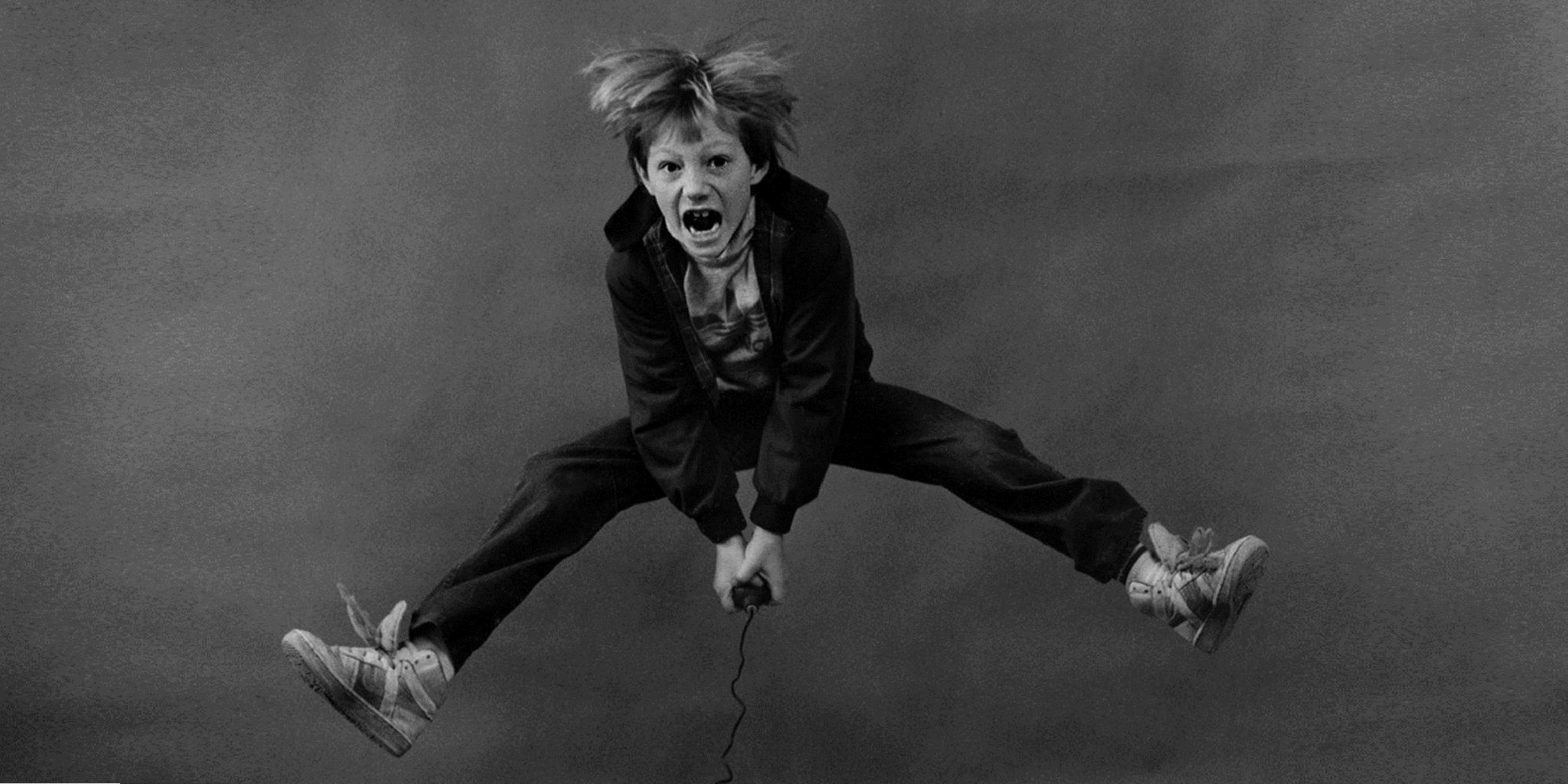7 important productivity habits my parents taught me
When I look at my childhood, I’m able to see the productivity lessons my parents taught me. Although I had a hard time following them when I was a kid, I can now truly value them as the cornerstones of my productivity.
1. Take notes
I got this skill from my father, and I still use it on a daily basis. In order to remember something important — for example, after having a conversation — I’ll write down notes so that I won’t forget what I was supposed to do afterwards. If I don’t have pen and paper available, I’ll put a reminder about the matter on my mobile phone’s calendar about it.
Also, if I’m at my computer, I keep my Notepad open for note-taking. Eventually, I’ll move my notes (especially the ones that require action) to my task management software for further processing.
2. Put things back where they belong
This is a simple, yet effective habit that I picked up from my mom. Whenever I use an item, I make sure to put it back where it belongs. For instance, if need some tax papers and I have to get my file folder out of the closet (where it’s normally kept), I make sure to put it back there after I have processed the documents. That way things are not floating around and our home looks cleaner and more organized.
3. Don’t leave things up to the last minute
My mom was teaching me about Parkinson’s Law (if you wait until the last minute, you will only have a minute to do it) without even knowing it.
Many times, I’d have homework that I had started to do the night before the deadline — even if I had many weeks to do it. Since my mom wanted me to take care of my homework, she reminded me about my behaviour several times when I was a kid.
Eventually I learned my lesson, and I didn’t leave things up to the last minute. That took away the stress of trying to do my homework in a panic the night before the deadline.
If you are leaving things to the last minute, change your behaviour, and act soon after you have learned about a given task. It’ll save you from unnecessary stress later.
4. Pack your stuff the night before
Small preparations the night before help a lot the next morning.
My parents always told me to pack my backpack in advance, so that everything was ready the next morning and things would roll out as smoothly as possible after waking up.
I’m now 41 and I’m still using this same small, yet effective, habit on a daily basis. It takes me only 10 minutes to pack my stuff; this quick preparation speeds up my morning a lot.
5. Take good care of your stuff
Whenever you buy new stuff, be sure to take care of it.
I have learned this lesson especially from my dad, and I appreciate this habit a lot. His message was that when you keep good care of your stuff, it won’t break down so easily; the item “lives longer” this way.
For instance, when you have a car, make sure you clean it on a frequent basis. If you tend to forget to do it, make a recurring calendar reservation (with an alarm) about it on your mobile phone. This way, you’ll remember to take care of the matter on a frequent basis and your car stays clean.
6. The better you communicate, the better you’ll be understood
This is yet another great lesson that I learned from my dad.
You see, the better communicator you are, the more likely it will be that another person understands what you are saying. Better communication helps to prevent false assumptions. That’s why my dad mentioned many times that I should pay attention to my vocal output and that I should be as clear as possible.
Whenever you need to communicate clearly, make sure that the other person understands what you are saying. You can do this by asking if he/she got your message and if both of you are on the same page. This clears the confusion and no time is wasted on taking the wrong action.
7. Napping is a great way to restart your day
Thank you, mom, for teaching me about this wonderful habit! Although she didn’t specifically insist that I should take naps, I followed her example and became a napper, too.
I still use this habit frequently, and I have found it to be a powerful way of jump-starting my afternoon. Sometimes even 15 minutes of napping will do wonders for my productivity. It’s definitely a short time well spent.
You should consider napping, too, if you are feeling tired and your energy levels are low. Just make sure that you don’t sleep any longer than 20 minutes because you’ll feel groggy when you wake up.
Lying down for a moment — for instance, after getting back home from work — is a great way to have a productive evening. If you haven’t napped before, give it a try and see how it works out for you.
Conclusion
As a kid, I wasn’t too excited about these productivity lessons, and I had a hard time following them. Only as an adult have I have started to appreciate them. They are now a fundamental part of my everyday life.
We have a son who is still very little, but I have decided to pass on these lessons to him as well when he grows up. That way, he can better prepare for certain situations in his life later on.
This article was originally published on PickTheBrain.com
Photo: Flickr / dannysoar CC BY 2.0

